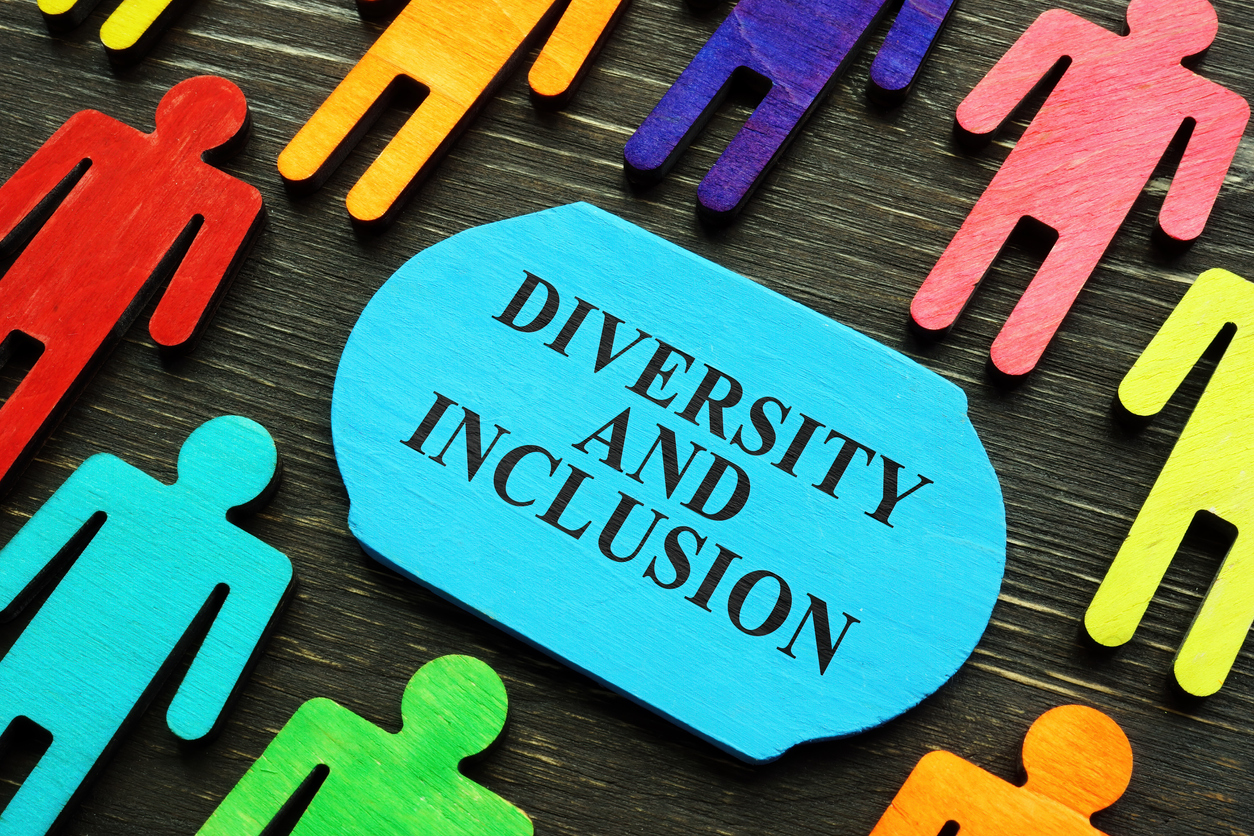Elsevier,
Journal of Responsible Technology, Volume 14, July 2023
In addressing the SDGs in general, the authors pose the question, “What is the potential role of SDGs as an accountability mechanism?”. A case study approach using interviews is taken to examine how certain organisations may use the SDGs as an accountability mechanism, and whether or not meaningful accountability is actually being achieved. It is concluded that the full opportunities offered by the SDGs are not yet in full use.
XpertHR
The United States Supreme Court's landmark decision to strike down race-based admissions programs in higher education has far-reaching implications which also extend to the workplace. This article discusses ways this ruling may affect corporate diversity, equity and inclusion (DEI) program and also embolden some states to take further aim at DEI initiatives, and in so doing promote SDGs 5, 8 and 10.
Elsevier,
Journal of Climate Change and Health, Volume 12, 1 July 2023
This article advances SDG # 3, 8, 10, 13 and 16. The study from authors in Ghana detail the effects of climate change on workers’ health and productivity, especially those in lower income jobs and without policy or regulatory protections. It demonstrates that climate change affects both health and ability to work, with potentially serious humanitarian and economic consequences.
Elsevier,
Cell Reports Physical Science, Volume 4, 19 July 2023
Heavy duty freight transportation is a key part of global transportation, but is a large contributor to growing CO2 emissions. Here the authors design an on-board system for heavy duty vehicles to capture CO2 as it is released. This supports SDGs 7 (reducing CO2 emissions toward clean energy), 9 (modifications to existing vehicles to mitigate carbon emissions) and 13 (reducing emissions that contribute to climate change).
Elsevier,
Journal of Climate Change and Health, Volume 12, 1 July 2023
Despite increasing attention to the mental health impacts of climate change, an absence of a clear, cross-sectoral agenda for action has held back progress against the dual and interconnected challenges of supporting human and planetary health. This study aims to serve as an essential first step to address this gap.
Elsevier, One Earth, Volume 6, 16 June 2023
Anthropogenic CO2 emissions must soon approach net zero to stabilize the global mean temperature. Although several international agreements have advocated for coordinated climate actions, their implementation has remained below expectations. One of the main challenges of international cooperation is the different degrees of socio-political acceptance of decarbonization. Here, we interrogate a minimalistic model of the coupled human-natural system representing the impact of such socio-political acceptance on investments in clean energy infrastructure and the path to net-zero emissions.


